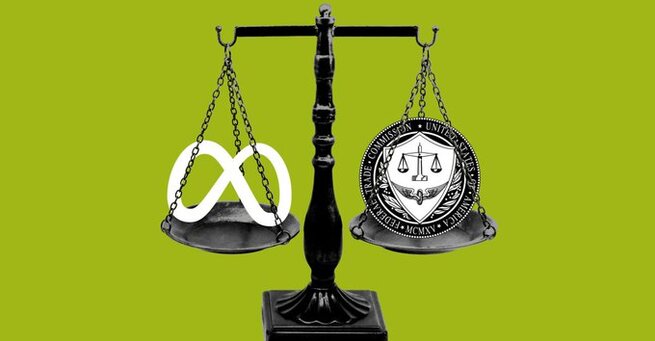
Meta Moves to Dismiss Antitrust Case Mid-Trial Over Instagram and WhatsApp Acquisitions
Are you wondering why Meta is pushing to throw out the antitrust case filed against it by the FTC? This high-profile legal battle centers on whether Meta unlawfully monopolized the social networking market through its acquisitions of Instagram and WhatsApp. Meta argues the government has failed to provide convincing evidence that it stifled competition or harmed consumers, despite the FTC’s claims. If you want to understand the latest developments in the Meta antitrust trial and what it means for the tech giant’s future, here’s a clear, comprehensive update.
Meta’s motion for judgment comes right after the FTC rested its case in a lengthy trial before Judge James Boasberg in the DC District Court. The core issue: whether Meta’s dominance in personal social networking services amounts to illegal monopolization. Meta contends the FTC’s market definition is flawed and ignores the competitive landscape, pointing out that apps like TikTok, YouTube, and Twitter (now X) are fierce rivals that keep Meta on its toes. According to Meta spokesperson Christopher Sgro, “The FTC spent tens of millions of taxpayer dollars bringing a weak case with a market definition that ignores reality.”
This motion for judgment on partial findings asks the judge to decide the case’s merits before all arguments are heard — a strategic move aimed at speeding up what Meta calls a weak and unfounded lawsuit. Though the trial is ongoing and Meta will soon present its defense, this filing reveals the company’s confidence that the government’s case lacks key proof.
The FTC built its case around testimony from high-profile Meta insiders, including Instagram co-founder Kevin Systrom, who criticized Meta’s management of Instagram, and Instagram’s current head, Adam Mosseri, who offered a more positive view. However, Meta emphasizes the constant competition it faces, especially from TikTok, a platform that the FTC does not consider a direct competitor under its narrow market definition. This debate about market competition and consumer impact lies at the heart of the antitrust fight.
With this motion, Meta challenges whether it actually reduced service quality or neutralized a potential rival — key indicators used in antitrust law to prove monopolistic behavior. The outcome could have broad implications for how regulators approach big tech mergers and acquisitions, shaping the future of social networking platforms and digital markets.
Stay tuned as this landmark trial unfolds. Meta’s push to dismiss the case highlights ongoing tensions between regulators and tech giants over market power, consumer choice, and innovation. Whether you’re following antitrust news, digital regulation, or tech industry battles, this case is a crucial chapter in the story of social media’s evolving landscape.
𝗦𝗲𝗺𝗮𝘀𝗼𝗰𝗶𝗮𝗹 𝗶𝘀 𝘄𝗵𝗲𝗿𝗲 𝗿𝗲𝗮𝗹 𝗽𝗲𝗼𝗽𝗹𝗲 𝗰𝗼𝗻𝗻𝗲𝗰𝘁, 𝗴𝗿𝗼𝘄, 𝗮𝗻𝗱 𝗯𝗲𝗹𝗼𝗻𝗴. We’re more than just a social platform — from jobs and blogs to events and daily chats, we bring people and ideas together in one simple, meaningful space.